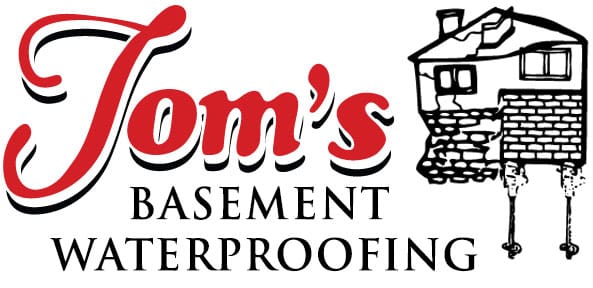
Most Michigan residents have experienced ground freezing at some point in their life. Instead of walking on a soft patch of grass, they find themselves sliding around on a block of ice. Frozen ground can lead to a number of foundation repair problems if it is not properly dealt with. In this guide, we will discuss how and why the ground freezes in Michigan and what you can do to protect your property.
Why Does The Ground Freeze?
There is water in the soil around you. No matter where you live or what the climate is like there, you have some sort of water in the ground. If enough of that water gets pooled together in frozen temperatures, it may cause the ground to freeze. This could form a sheet of ice on top of the soil, or it may form ice lenses underneath the surface. Ice lenses are thin sheets of ice that can completely shift a home or business if they are large enough. Luckily, the sand in Michigan’s soil prevents large sheets like that from forming, so most homeowners do not have to worry about massive damage as a result of ice lenses.
What Kind Of Damage Can Frozen Ground Create?
In some cases, frozen ground creates nothing more than a trip-and-fall hazard for people passing by. In other circumstances, the pressure from the ice can cause foundation cracks, road damage, raised sidewalks, and more. As water freezes, it takes up more space in a targeted area. There is still the same amount of water (frozen or liquid), but the shape of the water changes when it turns into a solid. That solid mound, often called a frost heave, is what does damage to concrete and foundations.
How Cold Does It Have To Be For The Ground To Freeze?
In general, the temperature must be below 32 degree Fahrenheit for water to freeze. In the case of ground freezing though, the temperatures need to stay that low for a prolonged period of time for the ice to fully for. For instance, if the temperatures are freezing at night but above freezing during the day, the ground may not freeze. The warm temperatures give the forming ice enough time to melt and soak back into the soil.
Check out Part 2 of our guide to learn how to prevent ground freezing in your area and protect your property from winter foundation damage.
